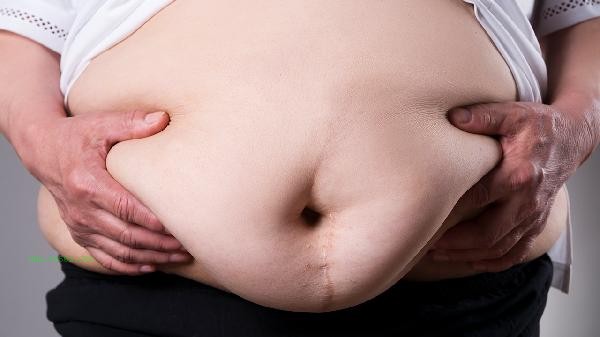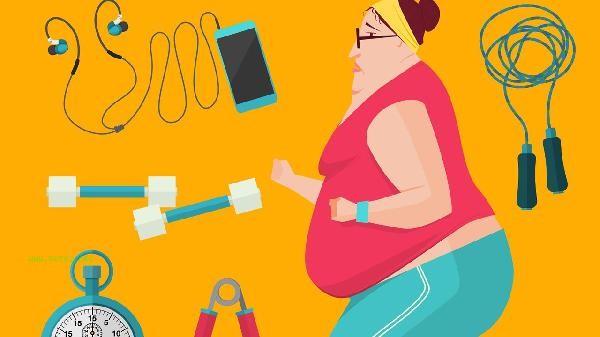The weight loss effect of hungry exercise is usually not ideal and may affect health. Fasting exercise can temporarily accelerate fat consumption, but it can easily lead to muscle loss, hypoglycemia, and metabolic decline. During exercise, the body needs sufficient energy support, and completely fasting may cause discomfort such as dizziness and fatigue. In the short term, there may be an illusion of weight loss due to water loss, but in the long term, it will lower the basal metabolic rate and make it easier to rebound after resuming diet. Especially for individuals with low blood sugar, there is a higher risk of experiencing symptoms such as palpitations and hand tremors. Some people engage in low-intensity exercise under mild fasting conditions, such as drinking warm water in the morning and then doing brisk walking or yoga, which may improve fat utilization efficiency. But it is necessary to control the duration and intensity of exercise, avoid high-intensity training for more than 30 minutes, and timely supplement protein and carbohydrates after exercise. People with diabetes, gastrointestinal diseases and pregnant women should completely avoid fasting exercise.

Scientific weight loss requires a reasonable daily calorie intake. It is recommended to consume a small amount of easily digestible foods such as bananas or whole wheat bread one hour before exercise. Combining strength training with aerobic exercise, exercise 3-5 times a week and maintain a balanced diet, increase intake of high-quality protein and dietary fiber appropriately, and avoid extreme dieting and excessive exercise that can cause physical damage.









Comments (0)
Leave a Comment
No comments yet
Be the first to share your thoughts!